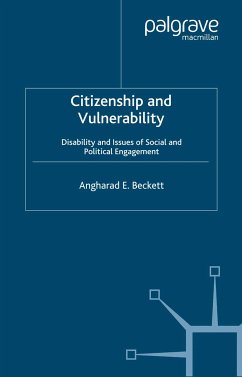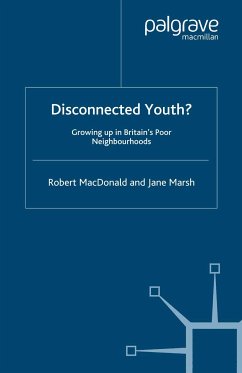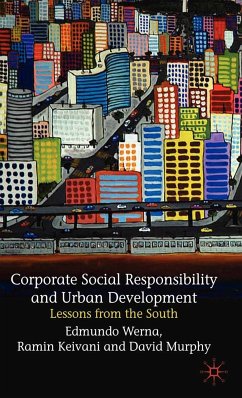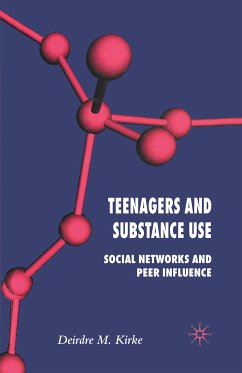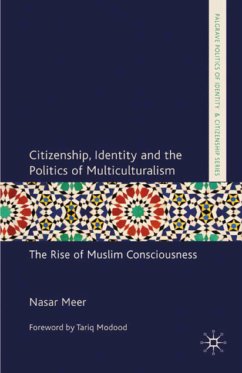Drawing on new empirical research with disabled people in the UK, and considering the work of theorists such as Berlin, Habermas and Mouffe, Ellison's ideas of proactive and defensive engagement and Turner's 'sociology of the body', Beckett proposes a new model of 'active' citizenship that rests upon an understanding of 'vulnerable personhood'.
'This is a courageous and useful text that provides both theoretical and empirical insights into recent debates surrounding disability, citizenship, new social movements, barriers to meaningful citizenship for disabled people and a 'disabled' identity. It is written in a clear and mercifully jargon-free and accessible language...The author is to be congratulated as the complexity of disability issues and politics have yet to be considered seriously by the majority of mainstream academics beyond the field of disability studies.' -Colin Barnes, British Journal of Sociology
'This book is an ambitious appraisal of the debates around disability, citizenship, new social movements and disabled peoples' own voices on citizenship, identity and social barriers...The book is pacey and, despite the difficult subject matter, is made more accessible by the clarity of writing...The difficult issue of 'disabled identity' is marshalled very carefully and provocatively, which was verywelcome.' - Alan Roulstone, Disability and Society
'This is a welcome addition to the growing body of research that focuses directly on the experience of people with disabilities.' - Jo Lucas, British Journal of Social Work
'This book is an ambitious appraisal of the debates around disability, citizenship, new social movements and disabled peoples' own voices on citizenship, identity and social barriers...The book is pacey and, despite the difficult subject matter, is made more accessible by the clarity of writing...The difficult issue of 'disabled identity' is marshalled very carefully and provocatively, which was verywelcome.' - Alan Roulstone, Disability and Society
'This is a welcome addition to the growing body of research that focuses directly on the experience of people with disabilities.' - Jo Lucas, British Journal of Social Work
